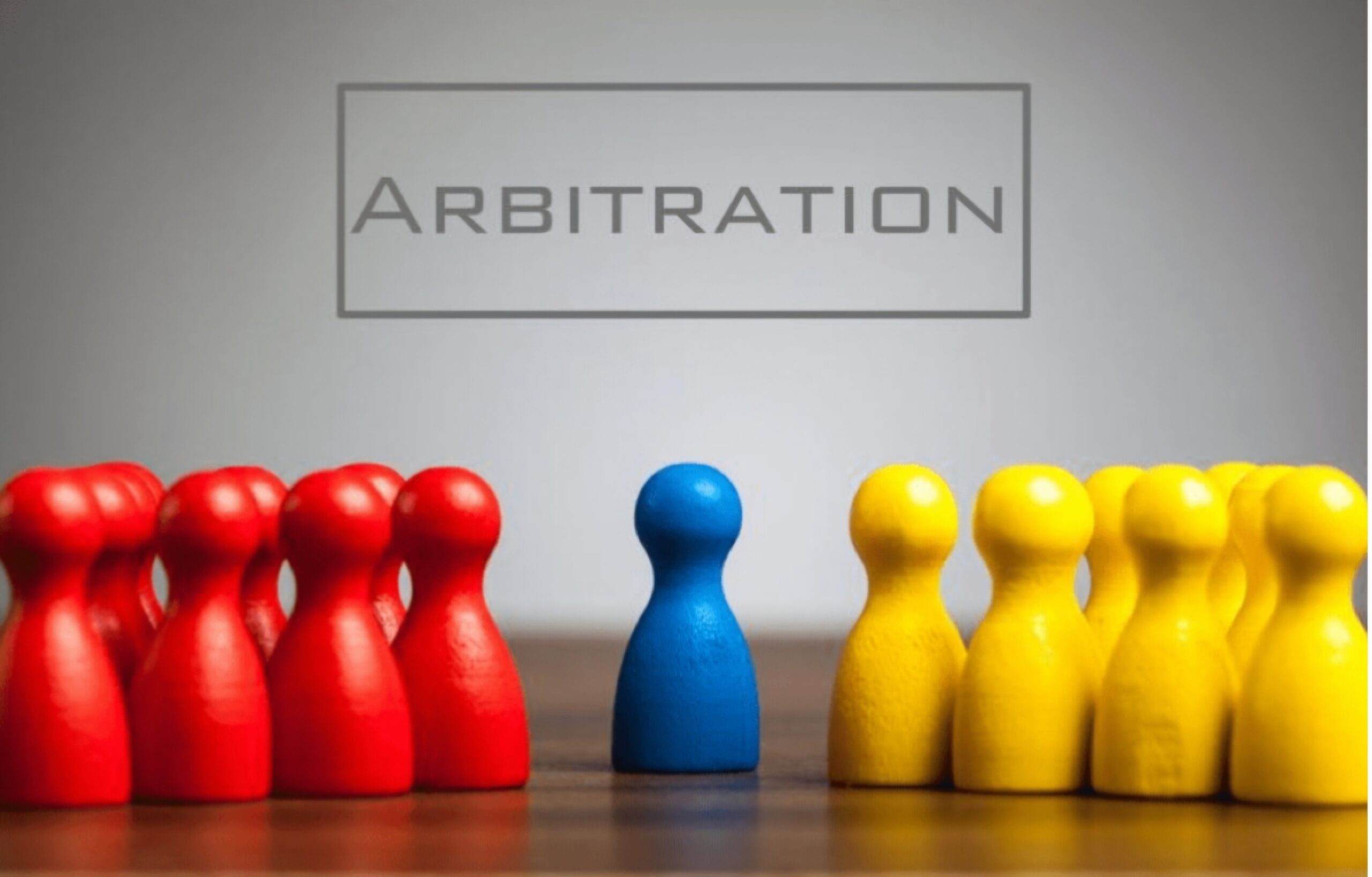No More Backroom Deals: Transparency Takes Center Stage in Indian Arbitration.
Imagine a justice system where one party handpicks the judge. This shady practice, once a potential loophole in Indian arbitration agreements, has been firmly axed by the courts. In a resounding victory for fairness, the Indian judiciary has slammed the door on unilateral appointments of sole arbitrators. This article dissects the reasoning behind this landmark shift and its far-reaching consequences for everyone involved in Indian arbitration, from shrewd lawyers to industry titans.
Key Judicial Precedents
- TRF Limited vs. Energo Engineering Projects Ltd. (2017): This watershed judgment declared unilateral appointments a blatant violation of fairness and natural justice. The Supreme Court emphasized that such practices undermine the very foundation of arbitration – neutrality and impartiality.
- Voestalpine Schienen GMVH vs. DMRC Ltd. (2017): Building on this, the Court reiterated that parties cannot make unilateral appointments unless explicitly authorized by the arbitration agreement. This decision cemented the requirement for mutual consent in arbitrator selection.
- Perkins Eastman Architects DPC vs. HSCC India Ltd. (2020): Taking it a step further, the Court declared arbitration clauses permitting unilateral appointments as invalid. This ruling underscored the necessity for a fair and impartial appointment process enshrined within the agreement itself.
- Bharat Broadband Network vs. United Telecoms Ltd. (2019): This judgment emphasized that unilateral appointments violate natural justice principles, with the sole exception being a mutually agreed-upon written agreement after a dispute arises.
- HARSAC and Anr. vs. Pan India Consultants (2021): Here, the Supreme Court reiterated its stance, emphasizing that unilateral appointments inherently contradict the core principles of neutrality and impartiality.
Recent Developments in the Delhi High Court
The Delhi High Court has echoed this sentiment. In Man Industries (India) Limited vs. Indian Oil Corporation Limited (2018), the Court invalidated an arbitrator’s appointment due to the lack of mutual consent. Similarly, in Kotak Mahindra Bank Ltd. vs. Narendra Kumar Prajapat (2023), the Court refused to enforce an award issued by a sole arbitrator appointed by one party, as there was no post-dispute written agreement permitting such a process.
A New Era for Fair Arbitration
These judicial precedents establish a clear legal barrier against unilateral appointments. They reinforce the principles of neutrality, fairness, and mutual consent as the cornerstones of arbitration proceedings. Any process excluding a party from arbitrator selection jeopardizes the entire process, potentially rendering it invalid.
For practitioners, these rulings are a wake-up call. Drafting arbitration agreements that adhere to these principles is now crucial for upholding the integrity and fairness of arbitration. As the legal landscape evolves, ensuring mutual consent in arbitrator selection will be paramount to maintaining the credibility and effectiveness of arbitration as a dispute resolution mechanism in India.
The current judicial trend prioritizes robust safeguards against unilateral appointments, ensuring fairness and impartiality remain at the heart of Indian arbitration. This shift demands adaptation from practitioners and stakeholders. By adhering to the principles of natural justice, they can safeguard the legitimacy of arbitration proceedings in India.
In conclusion, by shutting down the “pick-your-own-judge” approach, the courts have ushered in a new era for fair and transparent arbitration in India
-Shyam Kumar
